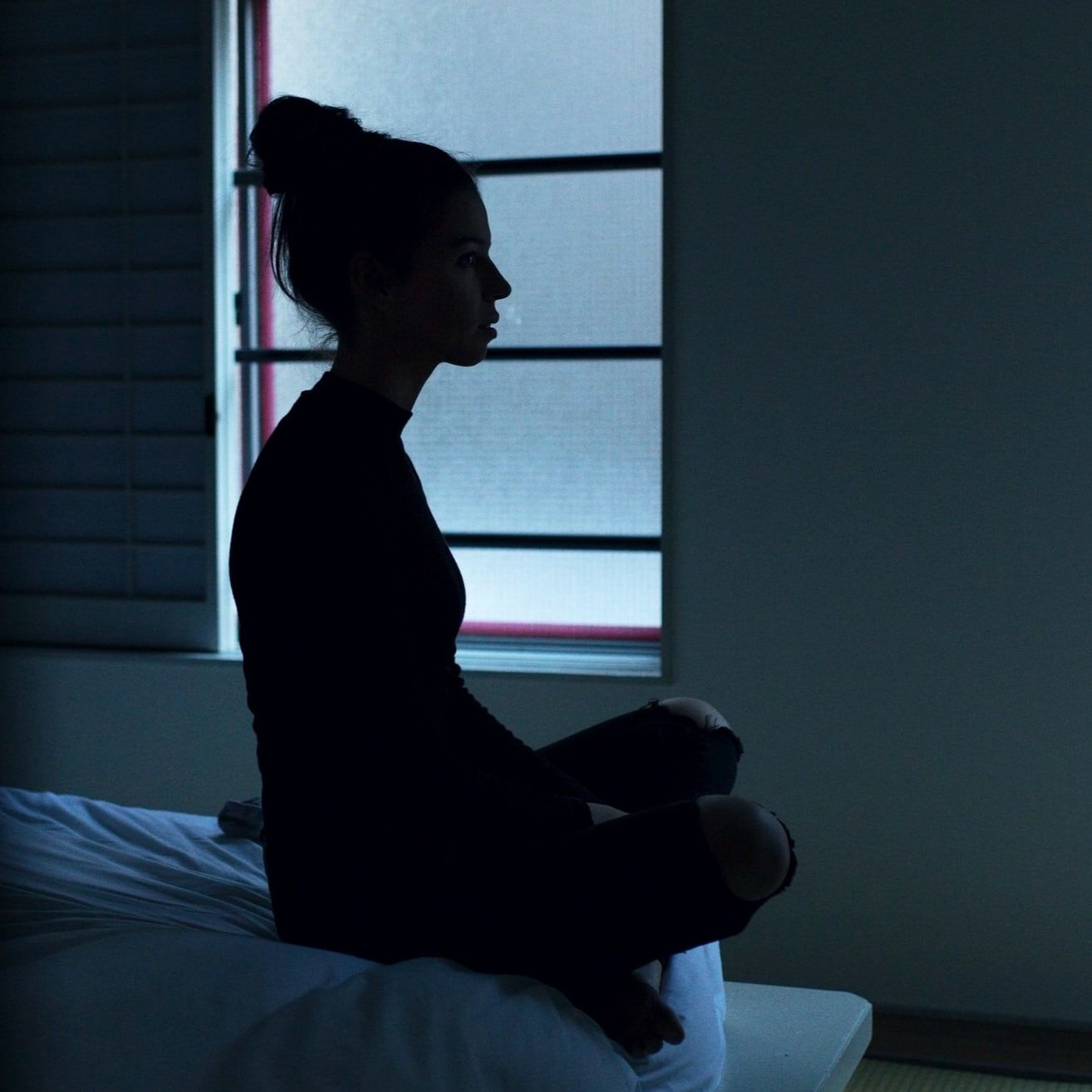
Insomnia
Insomnia, according to Chinese medicine, is often attributed to imbalances in the body's vital energy, or Qi, and disruptions in the flow of Yin and Yang energies. In this traditional framework, insomnia can arise from various factors such as stress, emotional disturbances, poor diet, and irregular lifestyle habits. When Qi becomes stagnant or deficient, and Yin and Yang energies are out of harmony, sleep disturbances may occur. Additionally, Chinese medicine considers the role of internal organs, with insomnia linked to imbalances in the heart, liver, spleen, and kidneys. Understanding insomnia through this holistic lens allows practitioners to tailor treatment approaches to address the specific underlying imbalances unique to each individual.
Treatment for insomnia in Chinese medicine typically involves a combination of acupuncture, herbal remedies, dietary adjustments, and lifestyle modifications. Acupuncture, by stimulating specific points along the body's meridian pathways, helps regulate Qi flow, alleviate stress, and promote relaxation, thus facilitating better sleep. Chinese herbal formulas are often prescribed to nourish Yin, tonify Qi, and calm the mind, addressing the root causes of insomnia. Additionally, dietary recommendations may include avoiding stimulants like caffeine and alcohol while incorporating foods that support sleep and digestion. Lifestyle modifications such as establishing a regular sleep routine, practicing relaxation techniques like meditation or qigong, and creating a comfortable sleep environment further complement the holistic approach to managing insomnia in Chinese medicine, promoting restful sleep and overall well-being.
